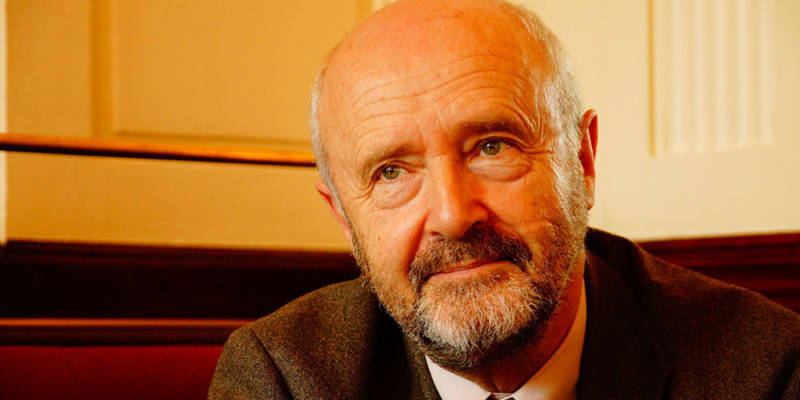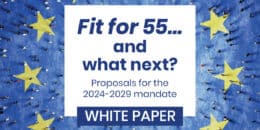Last year, the members of the European Parliament declared a climate emergency. This year, they voted a 60% EU emissions reduction target for 2030. But when asked to decide which kind of energy projects would benefit from public financing under the Just Transition Fund, they excluded decarbonised nuclear and accepted CO2 emitting fossil gas. This is hardly surprising.
Europe’s climate strategy
The European climate policy aims at reducing energy consumption through energy efficiency improvements and through further integration of renewables into the energy mix. But despite new efficiency targets having been adopted over the last years, energy consumption is not dropping in the EU and it is even increasing in some sectors. Meanwhile, as renewables are far from covering the final energy consumption in Europe, fossil gas is called in to rescue, which in turns makes it difficult for the EU to reach its GHG reduction targets.
The Energy Efficiency Directive
Now the Commission intends on revising the Energy Efficiency Directive (EED) in order to strengthen its provisions on energy savings. Energy efficiency is crucial indeed, but the potential for energy savings is not unlimited. The more you ask for, the harder it gets to achieve energy savings and one question arises: in order to protect the climate, is it better to reduce our energy consumption or to reduce our GHG emissions?
Alternatives to fossil fuels
If we accept that global warming is primarily a consequence of CO2 emissions, then it means that fossil fuels are the main culprit for climate change. Therefore, it should be specified that what must be reduced is fossil fuels consumption (coal, oil, gas…) and not energy consumption in general, when alternatives to fossil fuels exist such as renewables, recovered waste heat or nuclear power.
Barriers to decarbonised electricity consumption
Making no distinctions between energy sources is counterproductive. The Energy Performance of Buildings Directive (EPBD) deals with energy consumption but it does not include any provision related to CO2 emissions. The directive also deters from using electricity for space heating as the energy performance is not measured in final energy (the energy consumed inside the building) but through a primary energy factor (PEF) penalizing electricity because it needs to be produced from a primary form of energy. But this PEF makes no difference between carbonised or decarbonised primary sources. As a consequence, fossil gas – which is a primary source and therefore not affected by the PEF – is favored as a more efficient energy source than decarbonised nuclear electricity. How coherent is that?
In a nutshell, Europe is dedicating a lot of effort to achieving energy consumption reductions, while not differentiating between the energy sources that are responsible for climate change and the ones that are not. There is no justification as to why Member States that already rely on decarbonised energy sources should reduce their energy consumption as much as the ones that don’t. Must they be punished for doing the right things ?
Putting energy to good use
Back to the main point: is energy consumption reduction the ultimate goal for the EU? Using energy in a smarter and more efficient way is crucial, but how are we supposed to roll-out new digital technologies, to adapt to climate change, to develop infrastructure for alternative mobility, to build a circular economy and to reindustrialise the EU, not to mention to increase the well-being of European citizens, without consuming energy?
A new economy based on CO2 savings
The EU needs to work on reducing its GHG emissions more seriously than it currently does. In the coming years, industries that are heavy emitters will be required to capture and store the CO2 they generate. In the following years, we will also need to retrieve part of the CO2 accumulating in the atmosphere, thus creating a new form of economy based on CO2 recycling. None of this will be possible without large amounts of decarbonised energy.
Europe will need to choose whether it wants to be part of this new economy or drop into a charming pipe dream.







